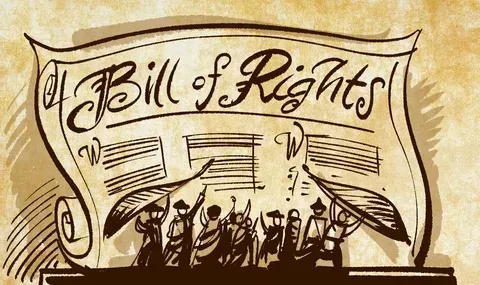Deliberate Indifference I When the School legitimates harassment…

Nowadays, there are no harassment tolerance policies “in place” in most education institutions. If this is the case, why are there so many aggressive incidents between peers at schools? I believe is because most schools have a web site with a link to their zero-harassment tolerance policy but fail to act daily on it.
There are so many instances of controversy and lack of respect between minors, that school personnel must choose between teaching a class or getting caught on a sanction disciplinary non ending journey, or so it seems. However, the truth of the matter is that school personnel and officials should not take harassment lightly. To tell a minor to ignore an insult, a pattern of mistreatment, name calling, or threats from peers, will only escalate and leave all parties involved at loss.
One thing is to have a discrepancy between equals that may let to unease, powerless or lack of worth temporary feelings, another is to be mistreated daily, suffer a pattern of abuse, threats, and violence, without due intervention from school administrators, responsible for assuring a safe environment for all students. This is what I refer to as ‘deliberate indifference.” Furthermore, whenever there is harassment at school, teachers or administrators have a responsibility to act, providing not only disciplinary sanctions but conflict resolution resources and other due intervention, from parents and family as well. Otherwise, the school personnel will legitimate harassment by lack of due diligence. This is very important for parents to know and teach their kids as to their rights and protections.
Title IX and VI are both federal anti-harassment laws. Under these, schools or institutions are responsible for taking steps to eliminate harassment taking place under its educational programs or activities if the school knows or reasonably should have known about it. If a student’s ability to obtain an education or participate or benefit from a program is so compromised because of their sex and the school knows but does nothing about it, then the school has itself engaged in a form of deliberate indifference.
There is a case solved by the US Supreme Court in 1999, that establishes a three-questions test to determine if the school has failed to show due care or diligence despite harassment:
- Does the conduct rise to the level of harassment?
- If so, was the conduct severe, pervasive, and objectively offensive? The response to this question must stand from a reasonable person in the victim’s position and it must seriously interfere with her ability to obtain the educational benefits of the school or school federal funded program.
- Does the school have substantial control of the place, activity, or equipment where the conduct identified as harassment took place?
[Please refer to Davis v. Monroe County School Board, 526 US 629 (1999).]
As of today, many disciplinary proceedings against students are leading to their suspensions and expulsions erroneously, and due to the school’s deliberate indifference. The lack of timely due diligence leads to a situation perceived to be unsustainable by administrators, and therefore, the students, those they are supposed to serve, protect and educate, are not only expelled but stripped from their constitutional rights to due process and education.
My call is for you to be aware and listen to your children when they bring up a mistreatment or an incident at school. Go and find out what is happening, agree to terms to assure the safety of your children as well as their peers. Be aware that it may be possible that even if they go to the teacher, counselor, or principal, they may be indifferent to the conflict or address it lightly, so that with time a harassment pattern develops. It is better if you act early. Nonetheless, if you need someone by your side or counsel, do not hesitate to contact an advisor of your preference. And please, never ever accept an expulsion without having the opportunity of fighting for the rights of your son/daughter.
More News & Resources











